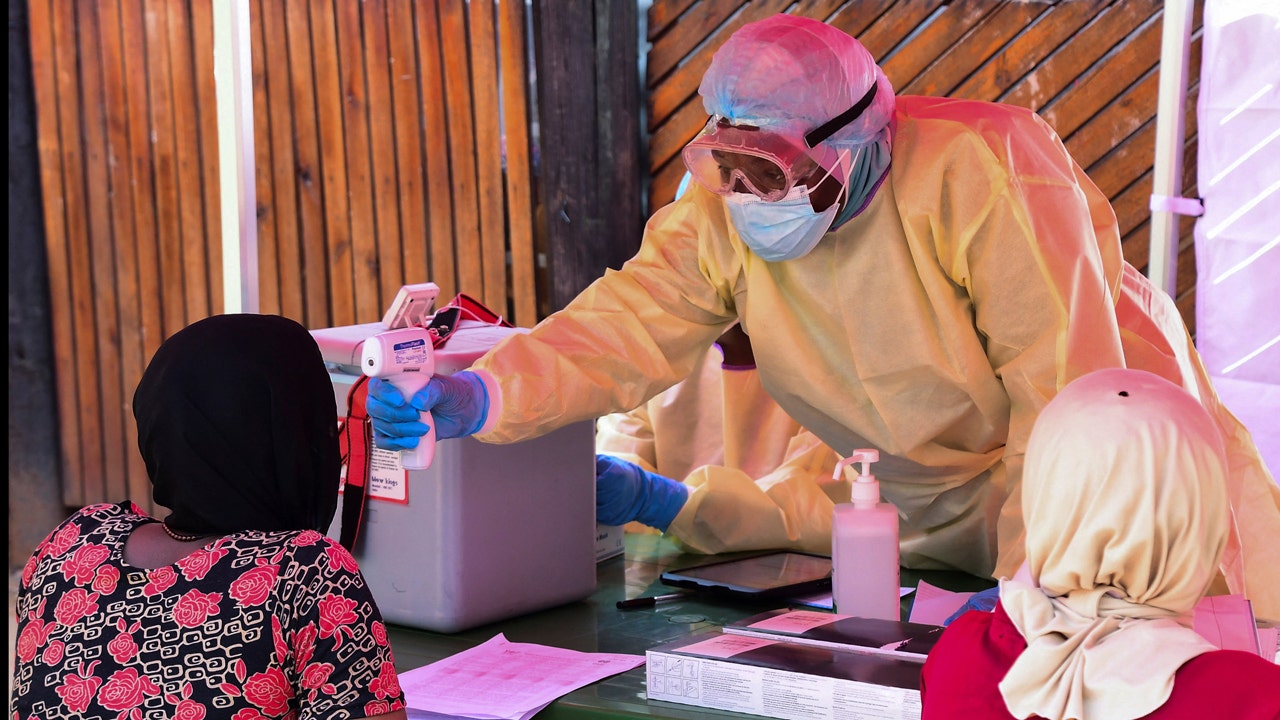Uganda starts vaccine trial for Sudan Ebola strain

Ugandan officials have confirmed an Ebola outbreak in the country’s capital, Kampala, with one nurse succumbing to the virus on January 29. Following this tragic event, two more cases have been confirmed, bringing the total number of cases to three. The Ministry of Health spokesperson, Emmanuel Ainebyoona, revealed this information to Reuters on Monday.
In response to the outbreak, Uganda has initiated a trial vaccination program for the Sudan strain of Ebola, for which there is currently no approved vaccine. The World Health Organization (WHO) has commended Uganda for taking proactive measures to combat the spread of the deadly virus.
The WHO director for Africa, Matshidiso Moeti, announced that Uganda has commenced a clinical trial of a vaccine specifically targeting the Sudan strain of Ebola. This development marks a significant step in enhancing public health emergency response and global health security. The vaccine, if proven effective, will play a crucial role in preventing future outbreaks and safeguarding communities against the devastating effects of Ebola.
The trial vaccination program is being conducted by the Makerere Lung Institute, a renowned research organization in Uganda. The institute has collaborated with the International Aids Vaccine Initiative (IAVI) to develop the vaccine. Approximately 2,460 doses have been provided for the trial, with a focus on administering the vaccine to contacts of confirmed Ebola cases.
Ebola is a high-fatality disease characterized by symptoms such as hemorrhage, headache, and muscle pains. The virus is transmitted through contact with infected bodily fluids and tissues, making it crucial to implement stringent preventive measures to contain its spread.
In conclusion, Uganda’s proactive approach to tackling the Ebola outbreak through vaccination trials underscores the importance of collaboration in addressing global health challenges. The country’s efforts, supported by international organizations like WHO, are vital in enhancing preparedness for future health emergencies and protecting vulnerable populations from the devastating impact of infectious diseases like Ebola.




